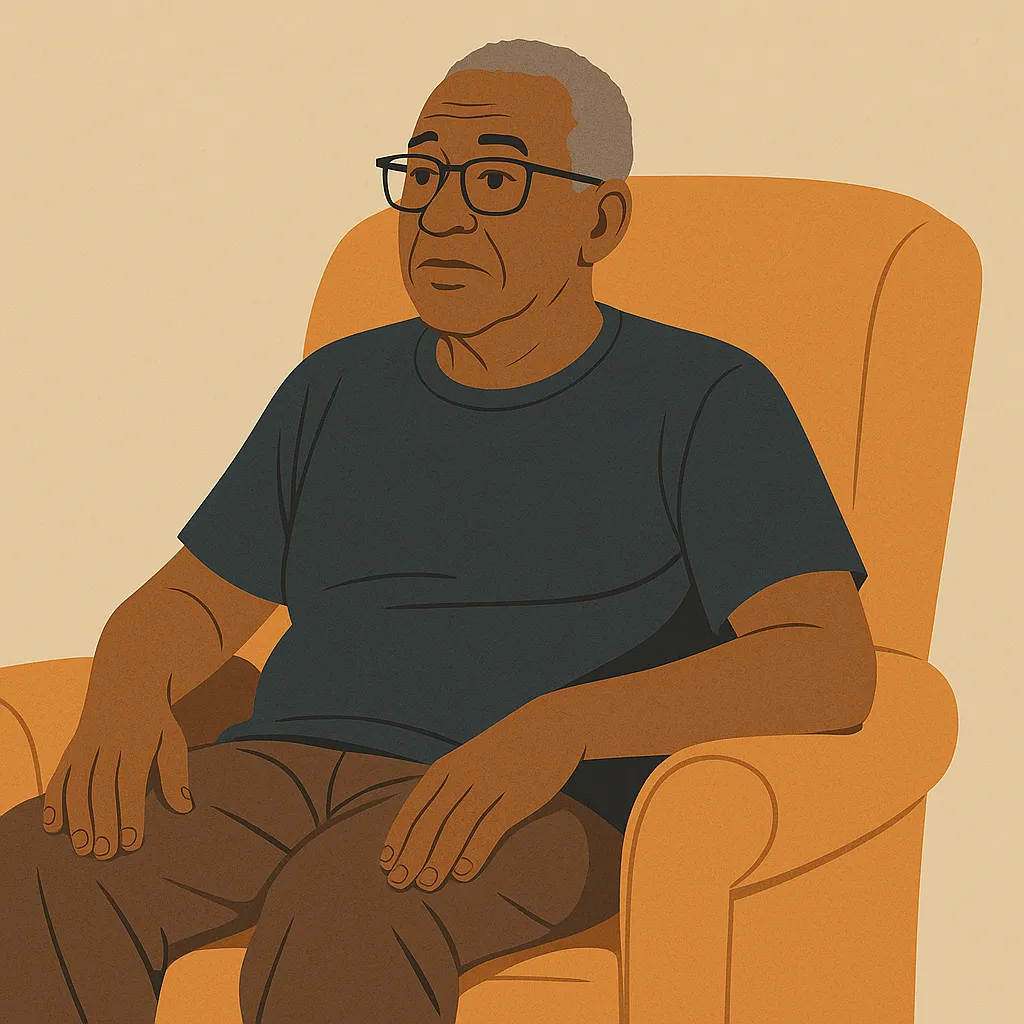Debunking the 54-Year Myth: Autistic Life Expectancy and the Real Story
 A dangerous myth has taken hold: that autistic people die at 54.
A dangerous myth has taken hold: that autistic people die at 54.
It gets repeated in articles, echoed in grant proposals, and whispered in worried family conversations. But like many narratives that frame autistic life through a deficit lens, it's not only misleading — it's harmful.
Where Did the "54" Come From?
The figure originates from a 2016 Swedish study (Hirvikoski et al.) that examined premature mortality in autistic people. But the statistic is badly misused. Fewer than 3% of the people in the study had died at the time of publication. The "54-year average" came from modeling, not a raw death count—and primarily applied to a subset of participants with co-occurring intellectual disabilities and high medical vulnerability.
In a recent Forbes article, autism advocate Jennifer Palumbo dismantled this misuse, pointing out how the statistic has been taken out of context and wrongly applied to the entire spectrum.
That hasn't stopped the number from being weaponized: to scare parents, justify paternalism or push urgency narratives that erase complexity.
The Truth: Most Autistic People Live Long Lives
More recent research paints a clearer picture. Autistic adults without intellectual disabilities live well into their 70s. Even among those with support needs, disparities are often rooted in systemic failures, not autism itself. Healthcare access, misdiagnosis, suicide risk and socioeconomic inequality all play major roles.
The question isn’t "Why do autistic people die young?" The question is: What forces shorten our lives—and what would it take to stop them?
Why This Myth Matters
The 54-year claim fuels ableist fatalism. It subtly justifies neglect, burnout, and abandonment by suggesting autistic life isn’t meant to last. It undermines the push for aging-related supports, housing, and long-term care planning. And it can seep into the self-image of autistic adults ourselves.
If you're told again and again that your life is statistically short, why would you invest in long-term goals?
What We Need
Clarity in research communication. Studies about mortality should not be flattened into headlines without context.
Accountability for disparities. Suicide, epilepsy, and poor healthcare shouldn't be seen as autism outcomes—they are outcomes of marginalization.
Investment in aging autistics. Housing, medical support, employment, and community care must reflect the full life span.
Narrative repair. We are not a tragedy in slow motion. We are people who deserve long, connected, meaningful lives.
Final Word
When the truth is this easy to find, continuing to cite the 54-year myth isn’t just lazy. It’s dangerous.
Autistic people don’t die at 54. But if systems keep failing us, some of us might. That’s not fate. That’s fixable.